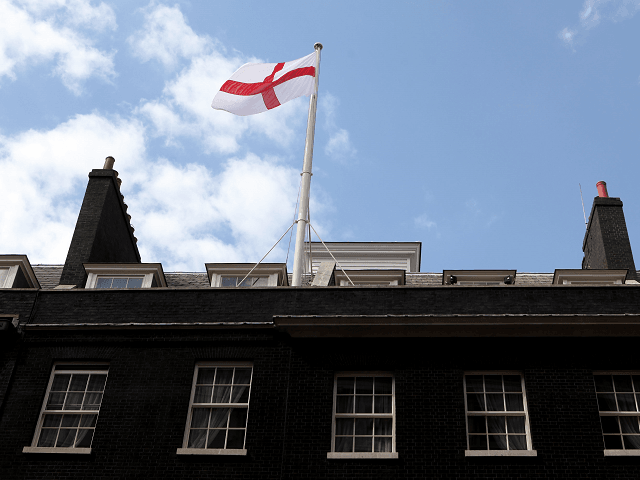Creating a stable Kingdom in the wake of Brexit which saw the different constituent parts of the nation split over whether to stay in or leave the European Union could see the creation of a new British Union of federal states.
The cross-party Constitution Reform Group is this week to lay out plans to change the relationship between the nations of the United Kingdom from a system where authority flows from London and specific matters are devolved to the nations. In the proposed new constitutional settlement, England, Scotland, Wales, and Northern Ireland may become autonomous and self-governing states within a federation and united by a shared Monarch, electing to pool sovereignty on matters of their own choosing.
Speaking to The Guardian newspaper, Constitution Reform Group chairman and former Tory cabinet minister Lord Salisbury said of the plans: “The time for radical change has come. This country needs a new act of union.
“We are in a different world following the Brexit vote. The top-down, ad hoc approach to the structure of the United Kingdom needs to be replaced. We believe that our approach based on consent will provide a stronger union than the one that we now have and which is under challenge”.
Lord Salisbury told the paper the move would “pull the rug from under independence” for Scotland, by giving the nation near full autonomy while pooling sovereignty on key issues.
Far from being a fringe suggestion, the group claims to have support of former British Prime Minister Sir John Major, and of Graham Brady MP who today as chairman of the influential 1922 committee announced the appointment of Theresa May to the leadership of the Conservative Party.
The proposals, which have not yet been set out in detail may not be unlike a plan to prevent the inevitable break-up of the British Empire, transforming Westminster into an Imperial parliament with members from self-governing Dominions including Canada, Australia, New Zealand, and India. The concept of Imperial Federation was well regarded before the Great War but was not pursued after the conflict.
Although the specifics are subject to debate in the Houses of Parliament, likely areas of pooled responsibility between the otherwise independent states of a federal United Kingdom would be a shared monarchy as continued head of state, and key areas like defence and security, the pound sterling as a single currency, foreign affairs, and immigration.
By introducing what is described as “sovereignty max” — as opposed to the oft-discussed ‘devo max’ — England could finally get their own parliament. Scotland, Wales, Northern Ireland, and London received their own devolved legislatures between 1998 and 2000.
The establishment of an English parliament — and the reduction of members in the British parliament to reflect it’s new role to 146 members — would answer the ‘West Lothian Question’ on the paradox of Scottish members of the Westminster parliament being able to vote on matters pertaining solely to England, but English members not being able to do so for Scotland.
Because the population of England is so much larger than that of Scotland, Wales and Northern Ireland another suggestion is English regions instead becoming self-governing, with cities and surrounding regions like Birmingham and Manchester getting parliaments and power to run their own affairs.
Follow Oliver Lane on Twitter: Follow @Oliver_Lane or e-mail to: olane@breitbart.com

COMMENTS
Please let us know if you're having issues with commenting.